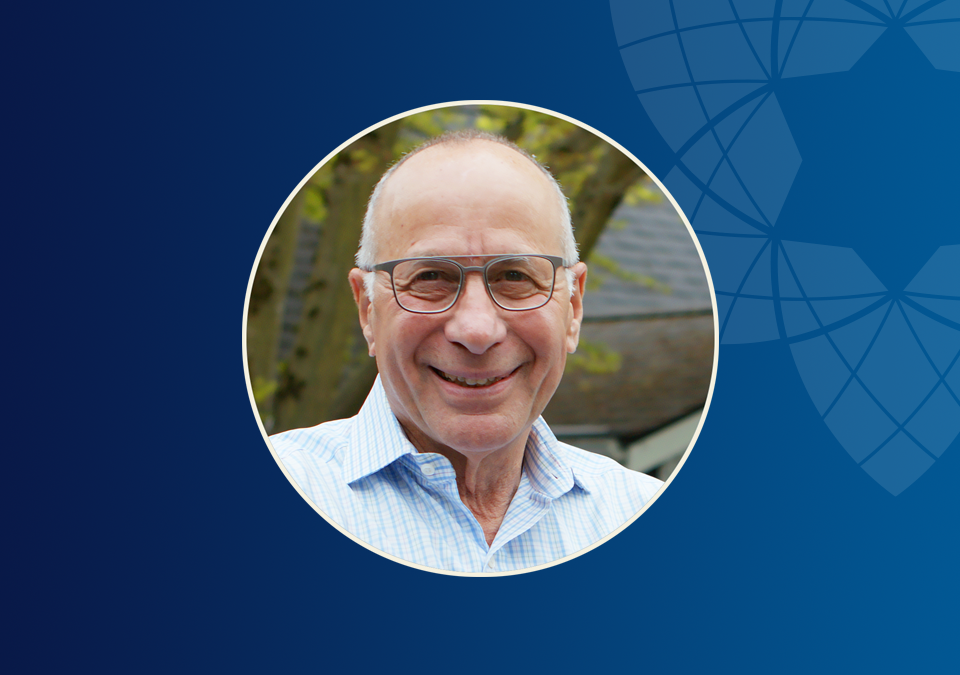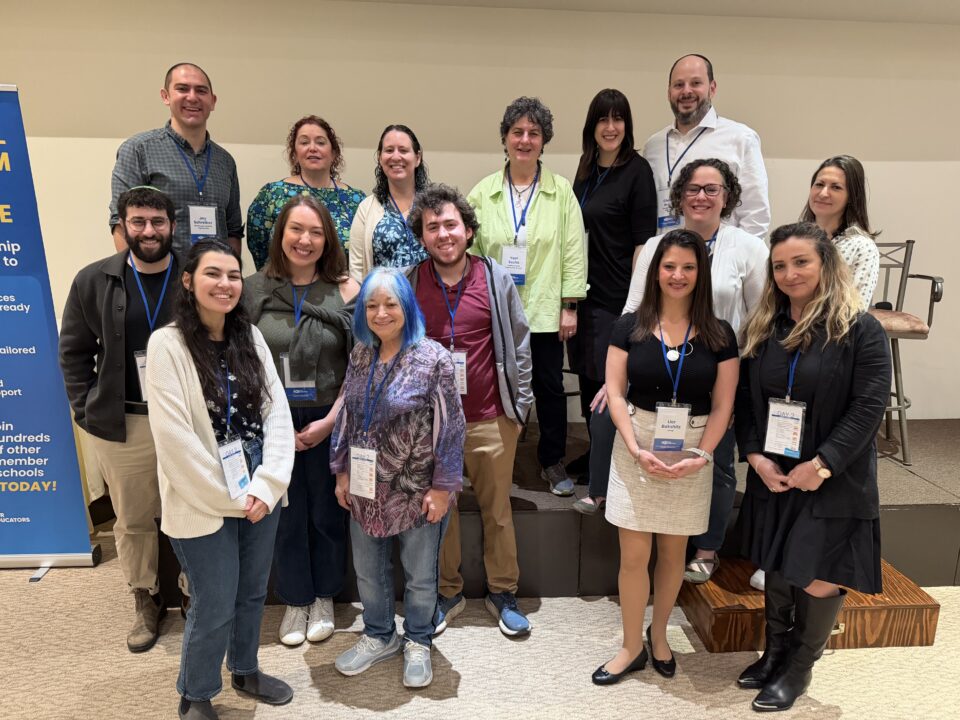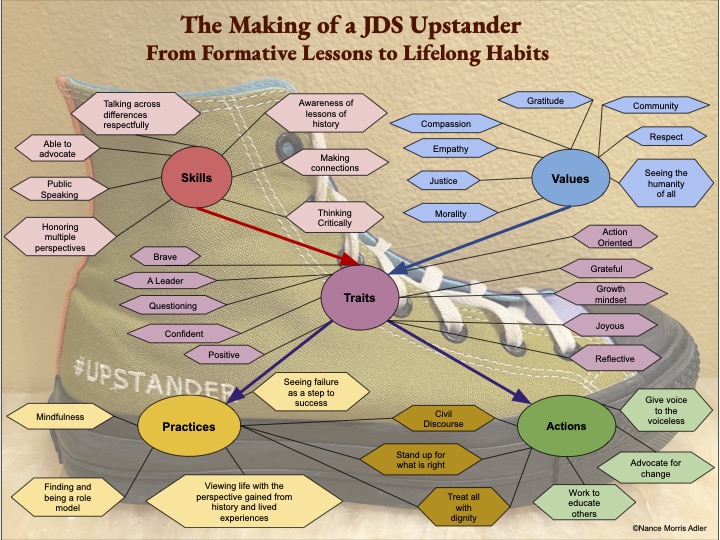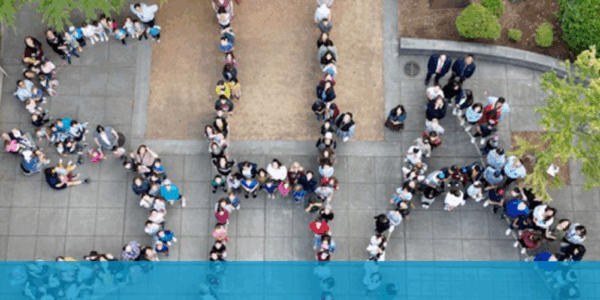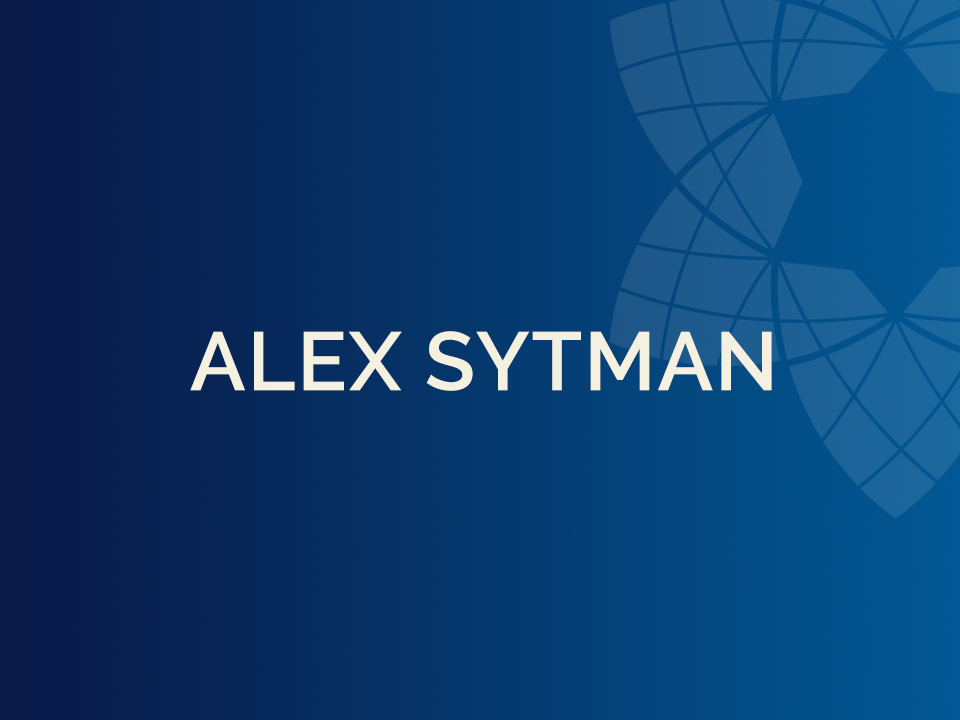
Samis Trustee Spotlight: Alex Sytman
August 6, 2021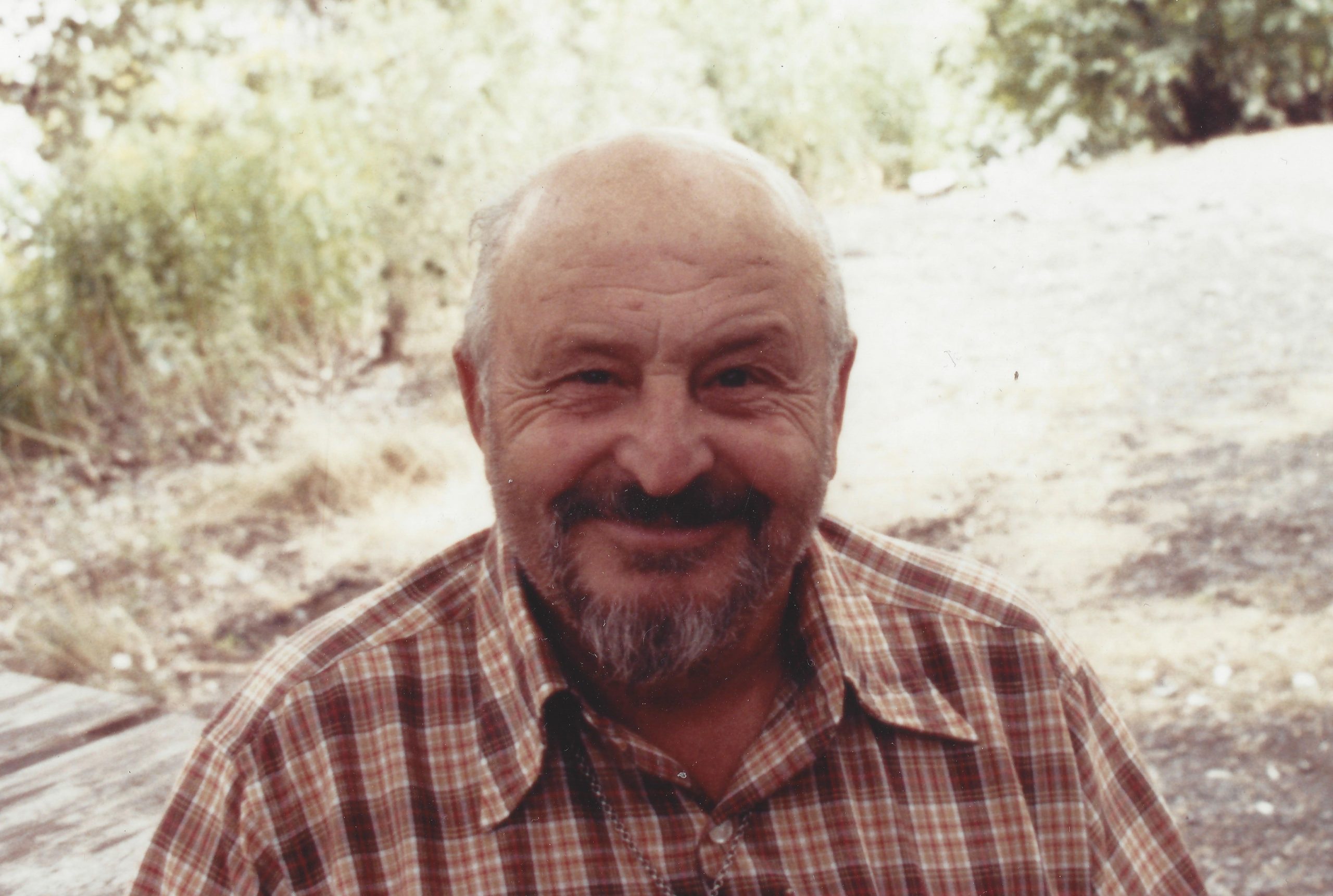
From Shoemaker to Philanthropist: Sam Israel’s Life and Legacy
September 2, 2021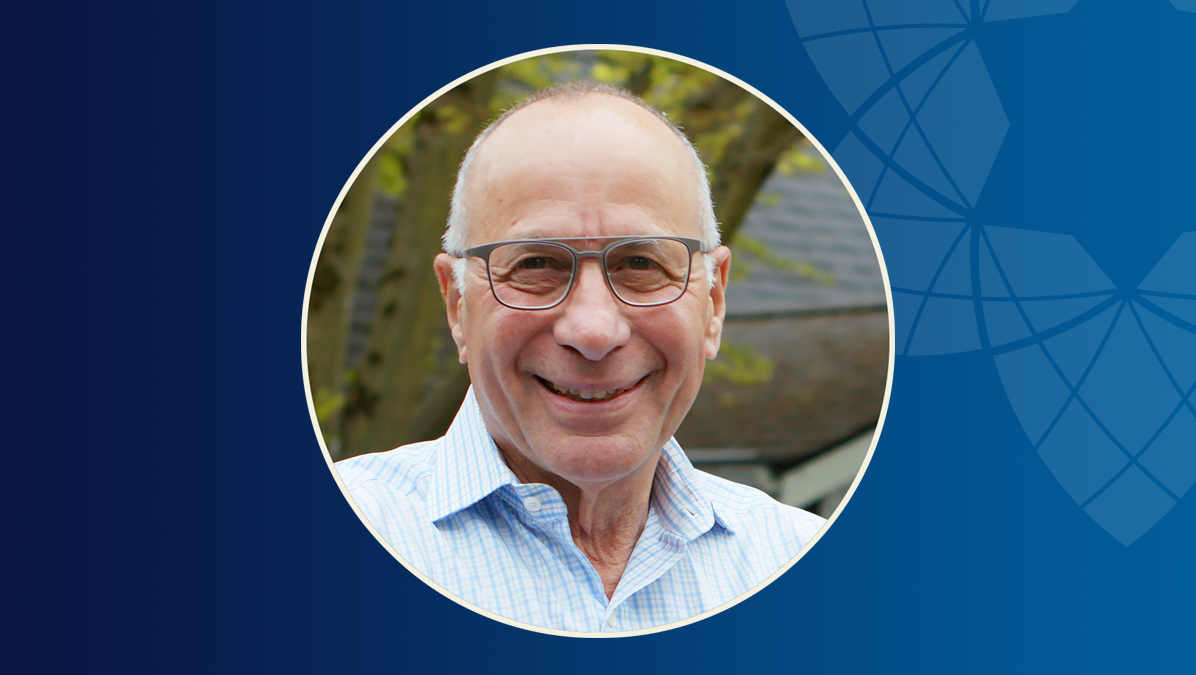
A conversation with passionate community member, dedicated family man, and lifetime Samis board member, Victor Alhadeff
Years of Service: Lifetime Trustee
Committee (s): Day School Grants Sub-Committee
Past Service: Grants Committee
Did you have a personal connection to Sam Israel before joining the board?
Yes, I did have a connection with Sam and there were a couple of touchpoints. I would say there were three; one was “the Sephardic Ezzi Bezzi boy.” Sam was a member of Ezra Bessaroth. He attended synagogue infrequently, but he followed the kids, so he knew me as a youth, and when I started my business career, he followed it. Two, I was president of the Seattle Hebrew Academy several decades ago in the 1980s and meeting payroll was oftentimes a challenge. To meet payroll, it was frequently a call to Mr. Israel, so that was very much a communal relationship I had with him. The third was somewhat of a business relationship. In the 70s I was involved in the oil and gas business. At the time there was exploration for natural gas in Washington State, and Shell Oil wanted to drill an oil well on Sam’s land. They offered him a 1/8th royalty. Sam was a unique person. He knew I was in the oil business, so he calls me and says, “Victor! Shell Oil wants to drill an oil well and give me 1/8th in royalties on my land! I’ll drill the well myself and own 100%!” I said, “Mr. Israel, the well’s going to cost ten million dollars!” “I got it!” he said, “Mr. Israel, odds are 90% it’s going to be a dry hole! 99%! Let them drill it and be happy.” Sam ended up saying to me “You know Victor, everybody wants my money and wants me to spend my money. I like that you didn’t tell me to spend my money.” It ended up being a dry hole. Sam was also aware of my involvement in the Jewish community. Even in my twenties I was active in the Jewish community whether it was with the Jewish day schools, the Federation, JCC, whatever it was, and Sam, like I said, knew what was going on. He may have been in Eastern Washington, but he knew.
Please describe your most memorable interaction with Sam.
I think my most memorable interaction with Sam is the oil well story I just told you about, but there’s another interaction that’s also somewhat memorable. When the original Washington Mutual Tower was built, the owners wanted to buy the Galland Seneca building which is where 2+U is now located and Sam wouldn’t sell. I had spoken to him at the time because I knew the people looking to acquire it. It was just a great interchange – pure Sam Israel. “Not for sale, not for sale.” The potential buyer says, “I need to buy it.” Sam’s answer, “Your problem, not mine.” Then he said, “Okay I’ll lease it to you, I’ll lease it to you for 25 years, but the lease has to be on one piece of paper.” A giant envelope shows up at his office of a 50-page lease, he mails it back unopened. He said, “Look what’s in a lease, what you pay me, what the rent increases are, and if you miss a payment, I get my property back. What’s so complicated?” He was an astute businessman. He did end up leasing that property and the Washington Mutual Tower had a protected view for over 35 years. Now we have 2+U, which is a major revenue source for Samis, millions of dollars per year, because Sam Israel would not sell that property. He had a vision and he understood the market.
What was your path to joining the Samis Board?
Before the current board was formed, there was a predecessor board. It was composed of Eddie Hasson, Al Maimon, and Irwin Treiger, and that was while Sam was still alive. When Sam passed away, Irwin gave me a call and explained that a Foundation was going to be formed and Sam had personally appointed the trustees. He explained to me that it was a lifetime commitment and I was given a copy of Sam Israel’s notes on the areas of giving. I knew Sam, and I had an idea of the magnitude of the assets that were there. I thought it was the greatest honor of my life, so it was a no brainer. I was excited to join, and it was simply thrilling to be a part of it.
What is the most meaningful story, event, or experience you can recall related to your service on the Samis Board?
I think the role I played on the technology committee for the day schools was consequential and meaningful for me, the schools, and the students. Understanding that our students needed to have STEM education was important, and I think the STEM program has really been a home run. The second and a little more recent initiative I’ve been involved in is special education and special needs. The partnership we have with the Haring Center has been incredible. I initially introduced the Foundation to the Haring Center, although it was relatively well known at the time. One of my grandchildren was there 25 years ago.
Our passion and focus on Jewish day school education is deeply meaningful for me. The commitment we’ve made to Jewish high school education is incredibly important. The grants that we give at the high school level are almost double what we give to the K-8 day schools because the high school years are some of the most formative years of a youth’s life. You can give a child a K-8 Jewish education, but when you send them to a secular high school, the appeal of Friday night football, the dances, the social life, that fundamental goal of Jewish continuity can get lost. With a Jewish high school education, intermarriage is around one or two percent. As a result, we have a real commitment to making Jewish high school education spectacular, and you can see that with our graduates who are going on to great colleges and will be the next generation of leadership in Seattle. It is an important investment we are making in Jewish continuity.
How does your personal Jewish journey relate to the Samis mission?
My grandparents on both sides of the family immigrated to Seattle from the Isle of Rhodes in the early 1900s, so I’m Sephardic 101! They were original members of Ezra Bessaroth. My first involvement in the Jewish community was as president of Ezzy Bezzy and my activities with the synagogue were significant. My Jewish journey has evolved over the years. It’s evolved in observance levels – I grew up in a kosher home, basically shomer Shabbat – and when I got married, I was not so much shomer Shabbat. My wife Susie kept a kosher home, we sent our children to Jewish day schools, and kept going to synagogue on Shabbat.
There had always been an appeal to Susie of people walking home from synagogue versus jumping in their cars. Communal life really meant a lot to her, so at one point after we had been living in Bellevue for some years, we sold our home, moved to Seward Park, and we’ve been living there and shomer shabbat for the past 30-something years. Both Susie and I have had active roles in the Jewish community and as a family we’ve taken a leadership role, working for the things that are important for our children. I’m proud to say that all our children are active Jewishly. They’re all active in different ways – we have three very different children – and our grandchildren are all active as well, all in important and different ways.
Which area of the Foundation’s philanthropy most resonates with you and why?
The Foundation has been around for about 27 years, and for most of those 27 years, I’ve either chaired or co-chaired the grants committee. The grants and the philanthropic giving side of what we do have been my focus. Sam was brilliant in his original selection of trustees: there were people with legal backgrounds that understood the legal elements of philanthropy, there were people with great real estate backgrounds and we had this tremendous portfolio of real estate. My background led me to be active in grant-making and it’s what’s resonated with me most. If you look at the growth of the Foundation’s assets and the money we’ve generated on the business side, it’s spectacular, and I’ve not been involved in it. That’s not been me. The giving side, that’s been me.
All the areas of our philanthropy are meaningful to me. What resonates is the “why” we’re doing it. What’s it all about? To what end? The end game is Jewish continuity and the preservation of the Jewish people. When you have that goal in mind, the one area that’s going to be most impactful is Jewish Day School. It’s intensive and immersive and just provides more time for kids in a Jewish environment. If a child becomes truly educated, they not only understand what we’re doing, but why we’re doing it, and as I said, the secular education in the schools is some of the best, so I have to say if I had to pick one area it would be day school education.
Jewish overnight camping has also been an important part of our philanthropy from day one. Camping is also intensive and immersive. Camping becomes a lifestyle for children where they go to the same camp every year, they have a social network, a camp family, and it’s fabulous. I like camping a lot. The other programs that children are involved in, in terms of supplemental Jewish education also work, but they work most effectively if they’re in conjunction with other Jewish experiences. I would just say “more of more is more.” If you get a kid to go to day school, go to camp and go to Israel, you’ve done it. Getting our kids on Israel experience programs is a really big deal and Samis is currently making major investments in that area. All these programs have the effect of contributing to Jewish continuity and a love for the State of Israel.
Sam Israel was very connected to the State of Israel. I’ll give you another Sam story here. Sam had a prized bull, he was a farmer, and this bull was very valuable. One bull could generate a lot of cows, so he wanted to donate his bull to a kibbutz in Israel. Unfortunately, he was stopped on this mission because immigration didn’t permit animal exports. But of course, he fought it and he ultimately lost. He loved Israel and he just really wanted to give a kibbutz the benefit of this amazing bull to support the enterprise of building a Jewish State.
Has serving on the Samis Board impacted your perspective on philanthropy and the Jewish community?
Serving on the board has been central to my adult life for a long time, but I don’t know that it’s changed my philosophy or personal perspective on philanthropy. Over the years we’ve remained personally philanthropic and being on the board, I’ve indirectly helped fundraise for some of the schools which has also helped influence donations from other donors. I don’t know that being a trustee changed my philosophy, but what it did give me is tremendous insight as to the challenges facing our institutions. I understand now why they need so much money and what it takes to support the breadth and depth of the programming. You also need to pay your teachers fairly and with proper wages. I have tremendous respect for our teachers. They’re the underpinnings of the Jewish community. That’s my perspective – I don’t know that Samis changed it, but it certainly enhanced it.
Where do you envision the Seattle Jewish community ten or twenty years from now?
I think we’re in a transition now. The reality is that many of our younger families are very mobile. You know, when I grew up, I was rooted in my community. I was going to live in the same city my parents lived in, I was going to attend the same synagogue my father attended, I was going to sit next to him on Shabbat, and those were the values that were core to me. Those values aren’t core today. As a result, we have had, including in my own family, a tremendous exodus of young Jewish families from Seattle. They are moving to cities where they feel they can provide better educational and communal opportunities for their children. So, I think the opportunity that Samis has is to leverage our desire to make our schools so fabulous that people don’t leave for that reason and to generate enough critical mass. Even if the schools are fabulous, if there aren’t enough boys in the third grade, some third-grade mom is going to say my kid doesn’t have any friends. She doesn’t care about the teachers, the quality of the education, the science lab, none of that matters anymore, so you’ve got to have critical mass.
I think the opportunity now is for Samis to not only leverage its own philanthropic capabilities, but to also help to take cost out of the equation to a greater extent. In conjunction with this, we also need to partner with other donors and expand our role into catalyzing a community of donors here in Seattle that are really committed to making day school education so exciting, so attractive and so affordable, that we start to reverse the trend. If we keep the parents and grow the schools, we will see enrollment growth. I’m not worried about the enrollment growing at the camps, or on Israel trips, I’m worried about the schools. I think we have a lot of work ahead of ourselves and we must come out of our shell a little bit. We’re going to be more pro-active and involved as funders in the next 20 years than we were for the past 20.

